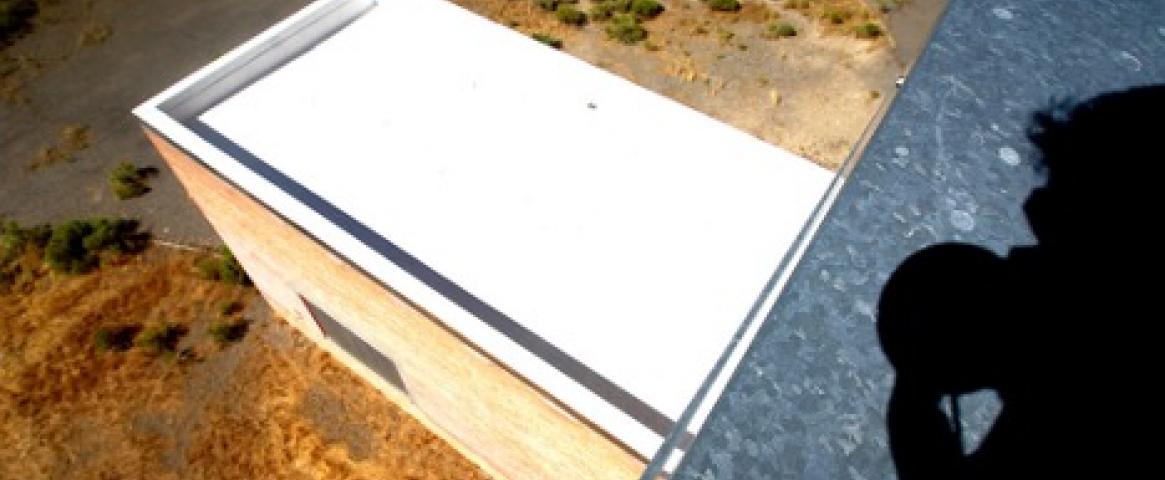By Hosen Arman. Mentored and edited by Ben Marcus.
As climate change causes the average global temperature to increase, many cities around the world continue to experience extreme heat waves every year that put a huge demand on cooling systems. Traditional cooling systems use a lot of energy and emit copious amounts of CO2. To address this problem, scientists have been working to develop cost-effective technologies that reduce CO2 emissions.
During a February 18 panel at the American Association for the Advancement of Science Annual meeting, experts shared their research findings on heatwaves and climate change mitigation through technology, education and policy.
Glynn Hulley, a researcher at the NASA Jet Propulsion Laboratory, discussed the advancement of remote sensing technology to assess heat waves across the globe. His team found that the duration and frequency of heat waves has increased over time.
Because of extreme heat waves, people are depending more on their air conditioning systems. Besides the heat, people in developing countries like India are using more air conditioning due to the increase in the average household income.
A traditional air conditioner removes warm air from a building while releasing cool air through an energy-intensive process. As air conditioning usage peaks during the summer season, traditional cooling systems emit more greenhouse gases that damage the atmosphere.
Sumanjeet Kaur, Ph.D., a research scientist and group lead of the Thermal Energy Group at Lawrence Berkeley National Laboratory, discussed various available technologies in the market, such as energy-efficient low-GWP air conditioners, cool roofs and skycool systems.
Air conditioning with low global warming potential (GWP) uses environment-friendly refrigerants to cool instead of using high-GWP HFC (hydrofluorocarbon), the chemical responsible for depleting the ozone layer.
Kaur’s team is studying solid-state cooling systems. Instead of using refrigerants like traditional air conditioners, solid state cooling systems use metals to heat and cool, which makes the cooling process more environmentally friendly and energy-efficient. The use of metal reduces the number of moving parts, and therefore, the amount of noise the system produces. Solid-state cooling systems also make it easy to switch from heating to cooling, because all it requires is that the electrical current switch directions. Finally, and most importantly, since solid-state cooling systems do not use any refrigerants, they don’t emit any greenhouse gases, making the system more environmentally friendly.
Cool roofs have been painted white, and since white reflects all colors of light, they reflect sunlight instead of absorbing it, which keeps buildings cooler. As a result, it puts less demand on air conditioning, thereby reducing costs and emissions.
Sky cool systems use a special roof that not only reflects most of the light that hits it but it also radiates heat to the outdoors without using any electricity. This technology was developed by a team of researchers at Stanford University.
“Even painting the roof or installing a cool roof can make a huge difference”, Kaur said. However, the technology can make your house colder during winter. That is why Kaur emphasized the importance of studying adaptive technology that can be used both in the winter and summer seasons.
Technology alone cannot solve heat waves, Kaur added. We need more policy interventions that incentivize the development of these technologies and create awareness of them, Kaur recommended.
Hosen Arman is a recent graduate from Rutgers University Camden with a degree in biology and a minor in psychology. Follow him on Twitter at @hosenmarman or email him at hmarman535@gmail.com.
Hero image Installing a cool roof or painting the roof white can reduce heat absorption or increase heat reflection. Credit: "Cool Roof installed at EBR-1" by Idaho National Laboratory is licensed under CC BY-NC-ND 2.0

